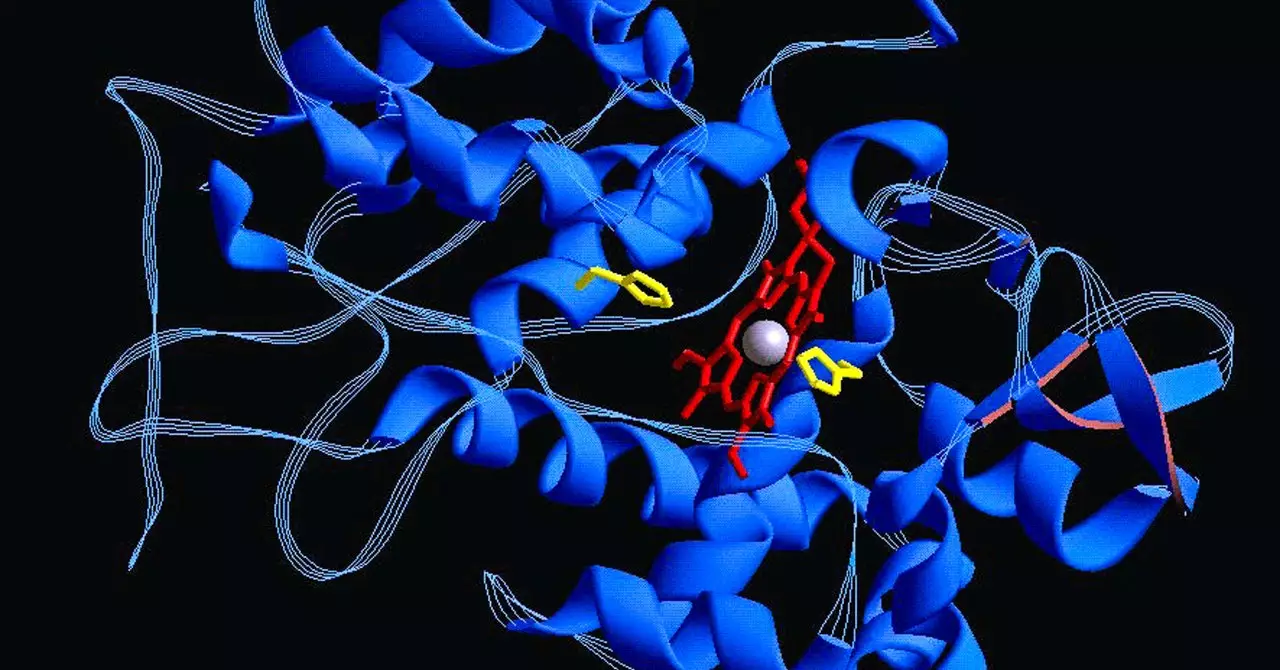As artificial intelligence continues to penetrate various facets of society and academia, the recent Nobel Prize awarded to researchers in the AI field invites scrutiny regarding the motivations and methods employed by subsequent researchers. The concern articulated by experts like Hodgkinson centers on the potential pitfall of prioritizing the allure of techniques over substantive scientific inquiry. He warns that this kind of focus could lead to a misjudgment that equates all AI tools as bearers of transformative capabilities. The potential for misappropriation of research efforts is palpable, particularly in light of historical precedents of technological hype, where phenomena like blockchain and graphene surged in popularity yet offered little more than repetitive validation of existing knowledge.
To fully grasp the implications of the recent Nobel Prize announcement, one must consider the trajectory of past scientific discoveries and their respective impacts. Following the groundbreaking reveal of graphene in 2004, scholarly interest exploded, spawning 45,000 academic papers from 2005 to 2009, exhibiting an almost insatiable thirst for understanding this remarkable substance. However, following Geim and Novoselov’s Nobel recognition in 2010, this number skyrocketed to a staggering 454,000 publications in just four years, peaking at over a million by 2020. This influx of research, while dramatic, has led many to conclude that the tangible benefits derived from all this intellectual effort remain limited. Thus, caution envelops Hodgkinson’s perspective: Could a similar trend manifest in AI, pushing researchers toward superficial acclaim rather than deep innovation?
The academic landscape around AI has witnessed explosive growth between 2010 and 2022, as signified by a tripling of publications, culminating in nearly a quarter of a million papers in the latter year alone. The release of generative AI models like ChatGPT in November 2022 only exacerbated this trend, generating a deluge of scholarly activity aimed at AI’s transformative potential. However, one could argue that such frenzied research activity is more about reacting to trends rather than pioneering groundbreaking inquiry. This raises a nuanced question: does the sheer amount of research correlate with genuine scientific advancement or merely reflect a culture prioritized by funding and recognition?
Within the crucible of academia, the drive for recognition often creates a paradoxical scenario. As noted by Julian Togelius, an associate professor at NYU’s Tandon School, competition for scarce funding transforms the scholarly environment into one where researchers are incentivized to take the “path of least resistance.” This can give rise to lucrative yet shallow contributions to knowledge, as many academics opt for simpler simulations that validate existing theories rather than striving for an innovative leap into the unknown. In a discipline as fast-evolving as AI, the seductive prospect of securing accolades like a Nobel Prize could, regrettably, lure young scientists into a cycle of predictable and less daring research.
As we stand on the brink of what many term the “AI revolution,” the onus lies on both seasoned researchers and newcomers to navigate the complex landscape thoughtfully. There’s a pressing need to foster a culture where the quest for novelty and deeper understanding outweighs the allure of quick wins through mere algorithmic applications. Togelius highlights the critical importance of rigorous scientific methodology and interdisciplinary respect, arguing for a standard that values genuine advancement over superficial accolades. Future generations of scientists must be encouraged to breach the comfort of algorithmic reliance and allow the unpredictability of genuine inquiry to bridge the gaps in our understanding of complex phenomena.
The recent admiration of AI as a revolutionary tool can be double-edged. While it promises to propel science forward, it may also foster an environment where convenience overshadows depth. The challenge is to transform the recognition of AI not just into a spectacle of scholarly output but into a vibrant and rigorous exploration of the unknown, ultimately yielding rewards that are substantive and lasting.


Leave a Reply